About the test
Experiencing unexpected changes in weight or energy levels?
This test measures the levels of nine markers—estradiol, progesterone, testosterone, DHEA, cortisol, TSH, HbA1c, hs-CRP, and vitamin D—to determine if they are within the normal range. Together, these hormone levels can offer a broad overview of your hormonal balance and whether they may be affecting your body composition, weight, and energy levels.
Estradiol
Estradiol (E12) is the strongest of the three naturally occurring estrogens. Although it is the primary female hormone, estradiol is found in all sexes. Estradiol has a significant role in maintaining healthy bone growth and improving blood flow in coronary arteries. It also offers neuroprotective effects and helps both sexes maintain a healthy libido. Estrogen levels that are out of the normal range contribute to weight fluctuations, including weight gain.
Progesterone
In women, progesterone is most commonly known for its role in maintaining regular menstrual cycles and early stages of pregnancy. Low levels of progesterone can cause abnormal cycles and problems with conception. Low levels may also result in higher estrogen levels, which can decrease sex drive and cause weight gain. On the contrary, high progesterone levels can lead to symptoms like mood swings and bloating. In men, progesterone acts as a precursor to testosterone. With age, testosterone and progesterone levels decrease while estradiol levels increase, potentially causing problems like unwanted weight gain.
Free Testosterone
Free testosterone refers to the testosterone that is not attached to proteins. Total testosterone includes free testosterone and testosterone bound to the proteins in the blood. While it’s often regarded as the primary male sex hormone, testosterone is essential for bone density, libido, body fat distribution, and muscle mass support across all sexes.
DHEA
DHEA, or dehydroepiandrosterone, is an androgen hormone primarily produced by the adrenal glands. DHEA is a precursor hormone, meaning it has little biological effect on its own; however, when it’s converted into other hormones like testosterone and estrogen, it has powerful effects. Some research shows that it may play a role in weight management. DHEA peaks in early adulthood and gradually decreases with age.
Cortisol
Cortisol is a steroid hormone produced in the adrenal glands and released in response to stressors like illness and exercise. While it’s often referred to as the “stress hormone,” cortisol also has many other bodily roles, including blood sugar and energy metabolism regulation. High cortisol is associated with increased weight. In most people, cortisol levels are highest in the morning and lowest in the middle of the night.
Thyroid Stimulating Hormone
Thyroid stimulating hormone, or TSH, is produced by the pituitary gland. It regulates hormones T3 and T4, which are produced by the thyroid gland. TSH is considered the most sensitive marker for screening for thyroid diseases and conditions. Too much thyroid hormone can lead to weight loss, while too little can cause weight gain.
Hemoglobin A1c (HbA1c)
HbA1c is a form of hemoglobin bound to glucose. Blood HbA1c levels reflect how well diabetes is controlled. High HbA1c levels indicate poorer control of diabetes than those in the normal range.
hs-C-Reactive Protein (hs-CRP)
C-reactive protein (CRP) increases in response to inflammation. A high-sensitivity CRP (hs-CRP) is more sensitive than a standard CRP test when measuring baseline concentrations and enables a measure of chronic inflammation. Atherosclerosis is an inflammatory disease, and hs-CRP is a biomarker of atherosclerotic cardiovascular disease risk.
Vitamin D (25-OH D)
Vitamin D forms when your skin absorbs sunlight and is found in natural and fortified foods. It plays a role in various bodily processes, including bone formation and maintenance, as well as immune function. Low intake may lead to a vitamin D deficiency, which has been linked to obesity and a higher body fat percentage, particularly in the belly.



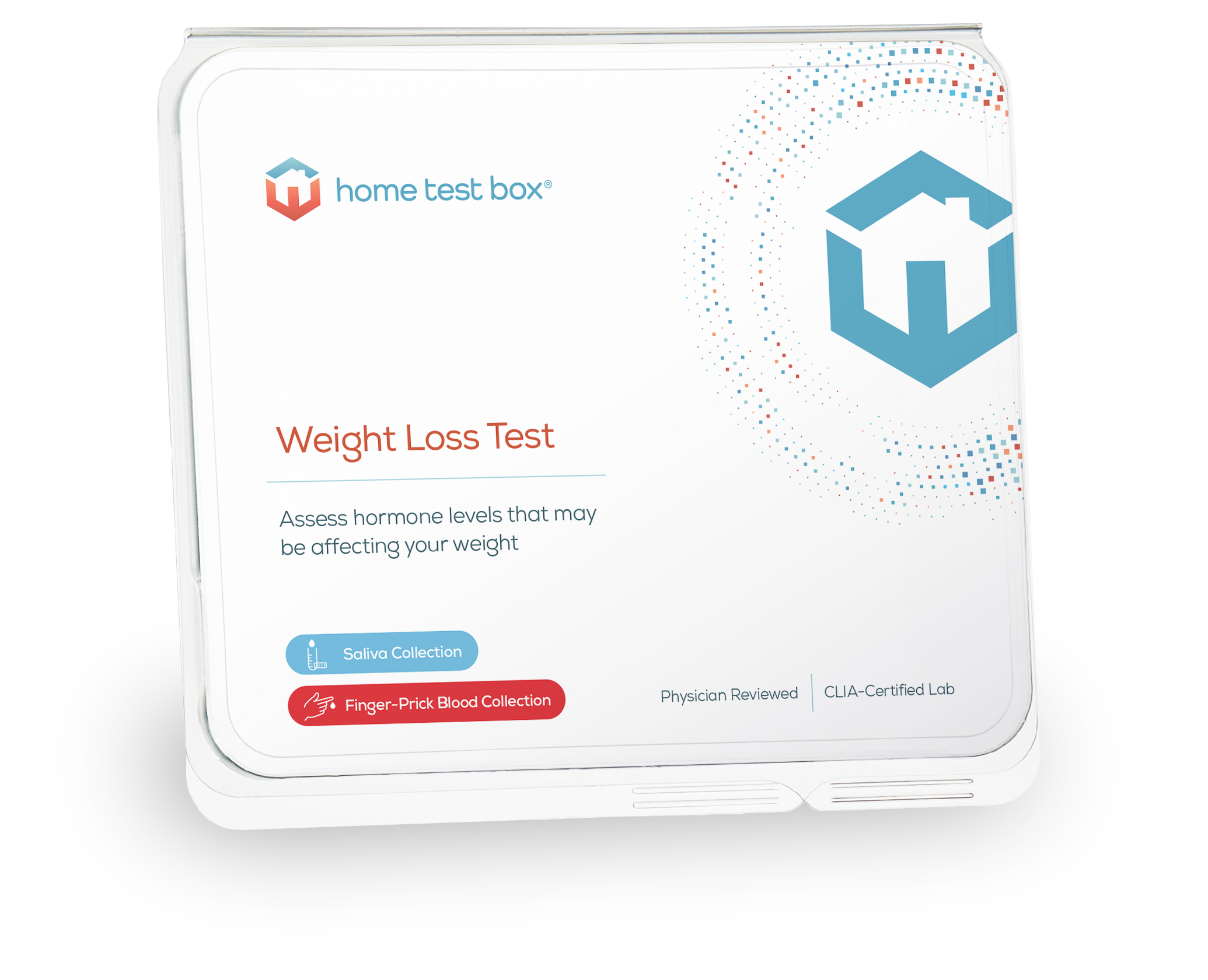

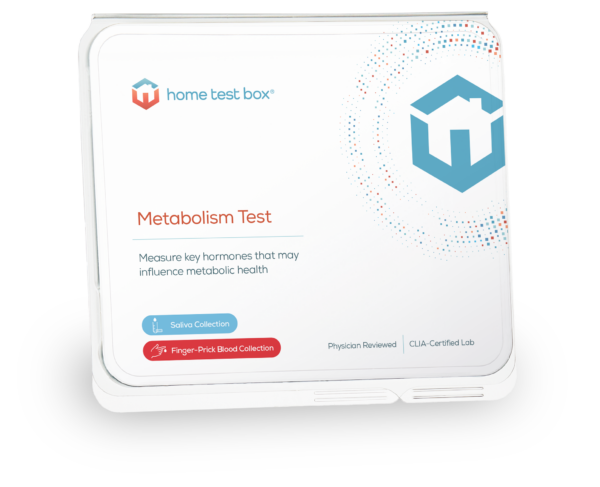
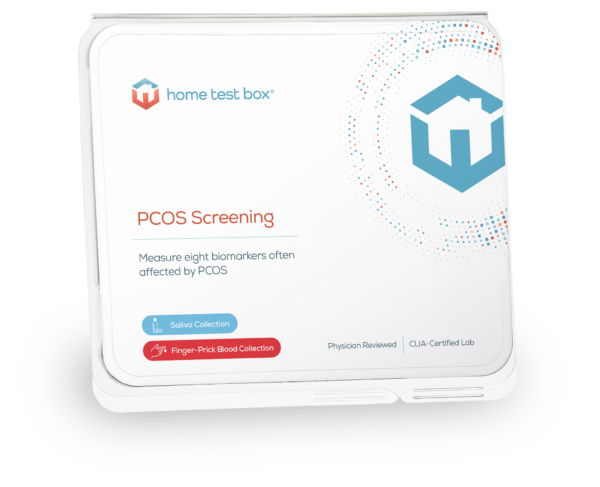
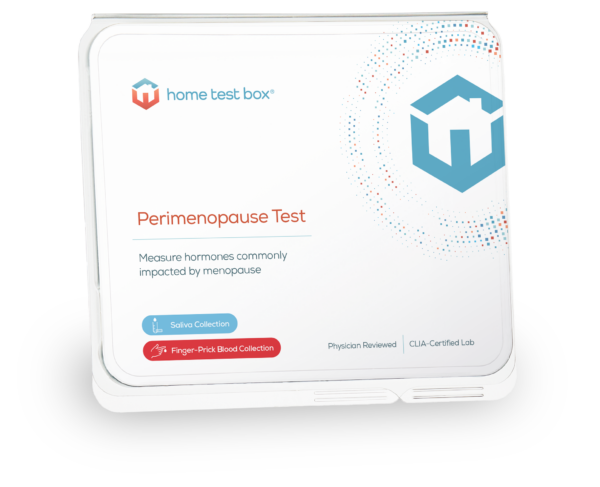
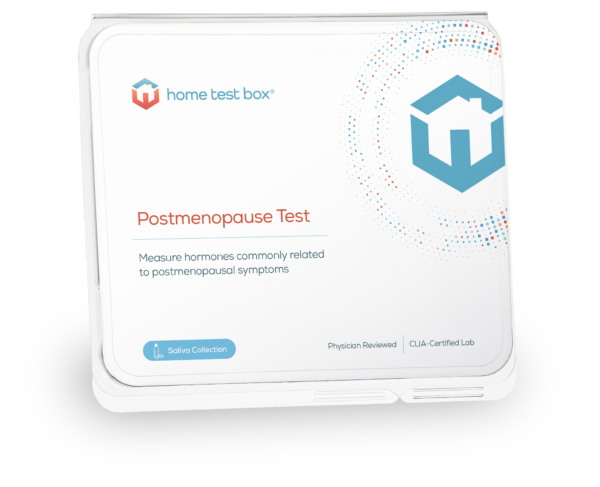
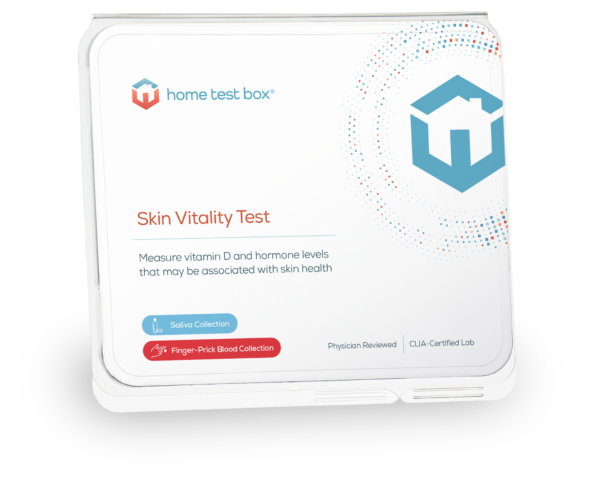
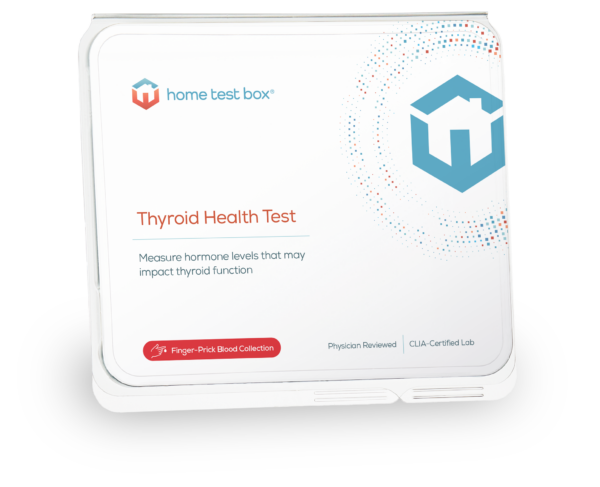
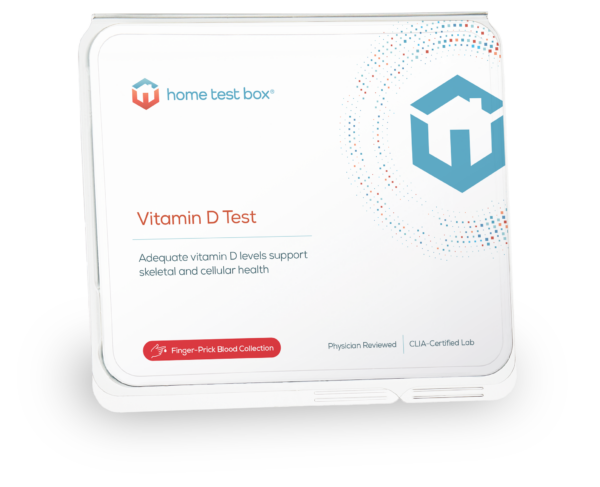
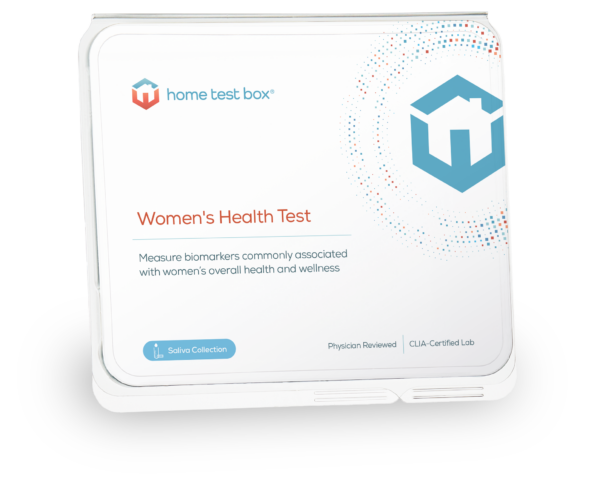
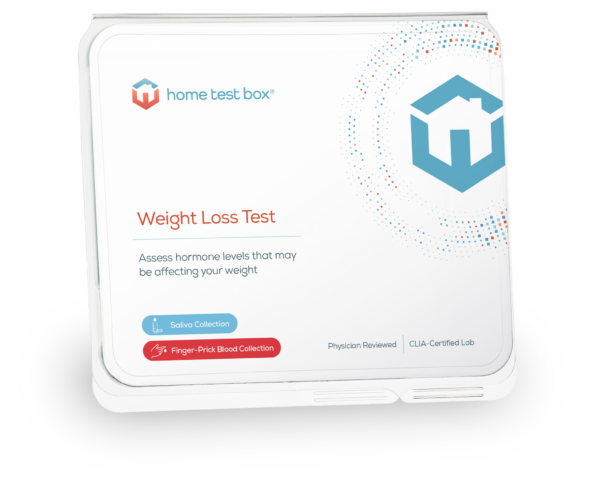
Tabitha Dickens (verified owner) –
I’m 46 and struggling to lose weight. I’m feeling super discouraged. I lost 35 lbs a few years ago with low carb, but even that doesn’t seem to work anymore. I also tried CICO, and that didn’t work either. I think it has to do with my hormones, but my doctor isn’t taking me seriously. I’m on vacation right now, so I haven’t taken the test yet. I’m going to take it as soon as I get back. Will keep you posted on my experience.
Alison Lebsack (verified owner) –
I was on the edge about whether I had a deficiency in my diet or if other issues that were making me gain weight. The test helped rule out metabolic issues. Thank you!
Karen Boyle (verified owner) –
This is my 3rd time using Home Test Box and as always it was a great experience. I can’t recommend them enough!
Alondra Beier (verified owner) –
Great customer service!
Mike Leffler (verified owner) –
Not worth it.
Michelle Mayer (verified owner) –
The test is pretty simple… The hardest part is having enough saliva to fill the tube!